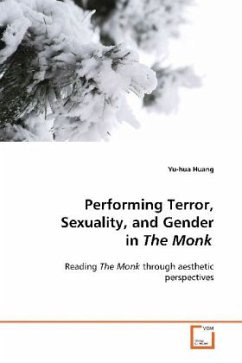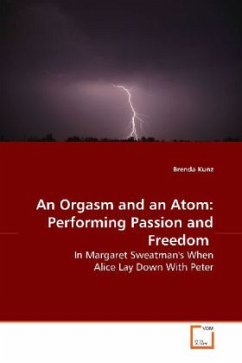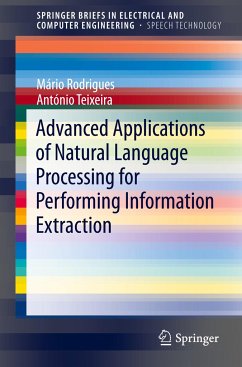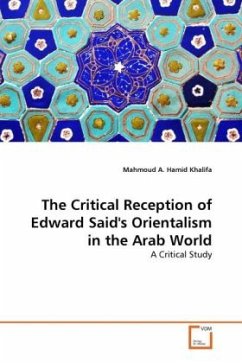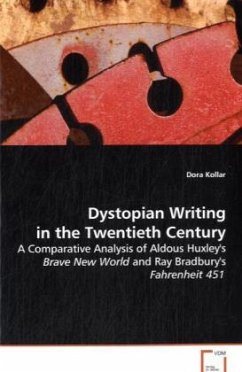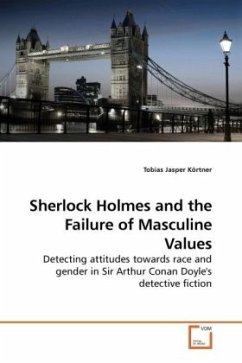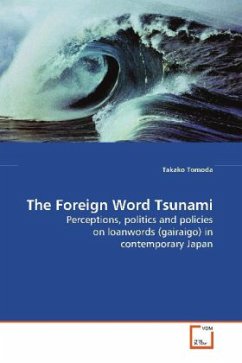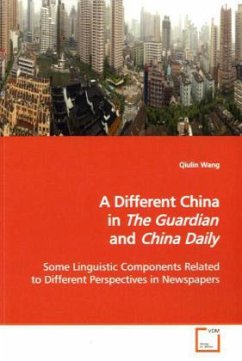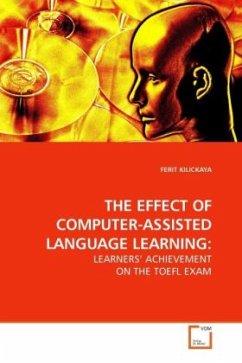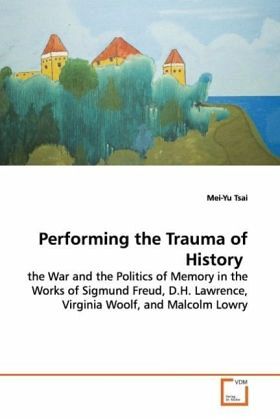
Performing the Trauma of History
the War and the Politics of Memory in the Works of Sigmund Freud, D.H. Lawrence, Virginia Woolf, and Malcolm Lowry
Versandkostenfrei!
Versandfertig in 6-10 Tagen
32,99 €
inkl. MwSt.

PAYBACK Punkte
16 °P sammeln!
Although new historical scholarship on trauma has expressed great interest in exploring the role of metaphor and modernist figurative language in writing about trauma, there has so far been relatively little systematic scrutiny of the links between modernist aesthetics and the shocking and unresolved nature of traumatic history. This book, therefore, seeks to remark on a modernist vision of history as trauma shared by both Freud and modernist writers. Bringing a historical vision to modernism and reading modernist literature as a literature of trauma, this book aims to show that the mad and sc...
Although new historical scholarship on trauma has
expressed great interest in exploring the role of
metaphor and modernist figurative language in
writing about trauma, there has so far been
relatively little systematic scrutiny of the links
between modernist aesthetics and the shocking and
unresolved nature of traumatic history. This book,
therefore, seeks to remark on a modernist vision of
history as trauma shared by both Freud and modernist
writers. Bringing a historical vision to modernism
and reading modernist literature as a literature of
trauma, this book aims to show that the mad and
schizophrenic nature of modernist narrative has both
aesthetic and historical justification. Such a
reading helps add a historical dimension to
modernist stylistic devices in which modernist
writers employ a peculiar form of non-linearity and
a circular textual referentiality to represent
history through the symptomology of trauma. This
book will be particularly useful to professionals in
modern literature and trauma studies, or anyone else
who is interested in reading literature against/with
history.
expressed great interest in exploring the role of
metaphor and modernist figurative language in
writing about trauma, there has so far been
relatively little systematic scrutiny of the links
between modernist aesthetics and the shocking and
unresolved nature of traumatic history. This book,
therefore, seeks to remark on a modernist vision of
history as trauma shared by both Freud and modernist
writers. Bringing a historical vision to modernism
and reading modernist literature as a literature of
trauma, this book aims to show that the mad and
schizophrenic nature of modernist narrative has both
aesthetic and historical justification. Such a
reading helps add a historical dimension to
modernist stylistic devices in which modernist
writers employ a peculiar form of non-linearity and
a circular textual referentiality to represent
history through the symptomology of trauma. This
book will be particularly useful to professionals in
modern literature and trauma studies, or anyone else
who is interested in reading literature against/with
history.



